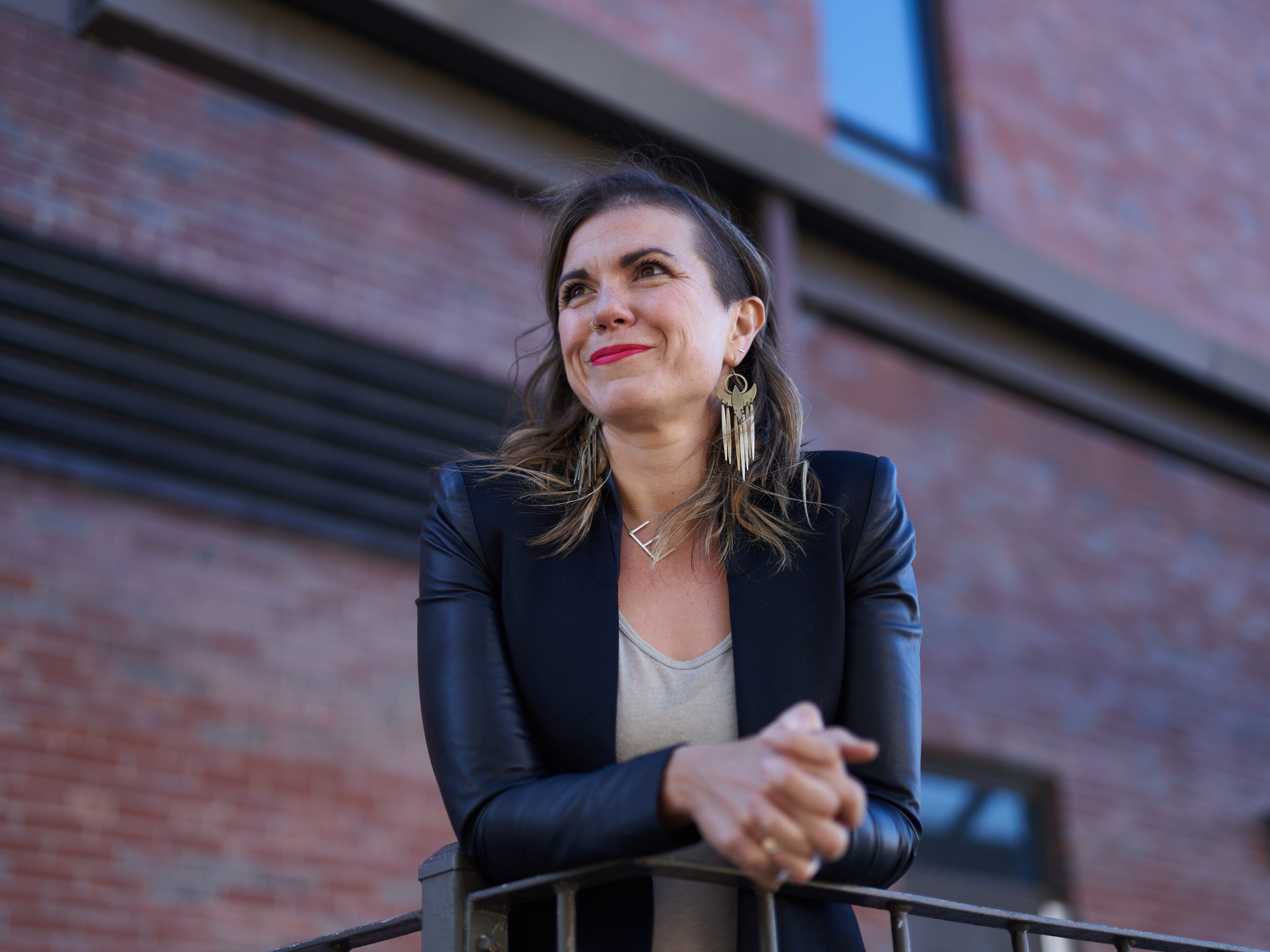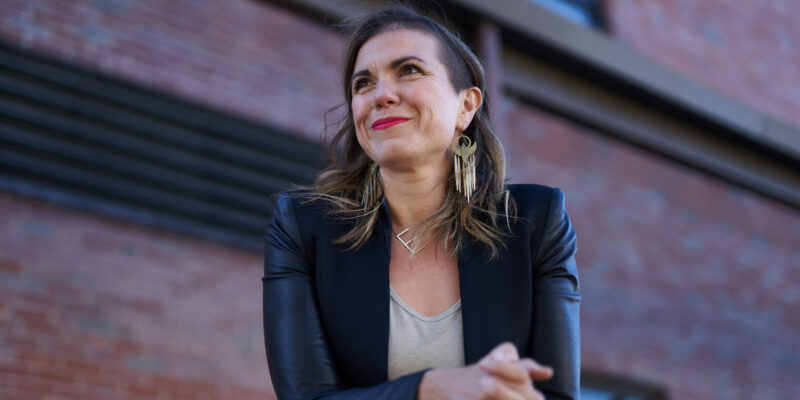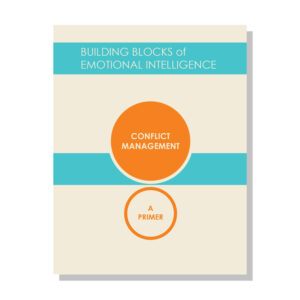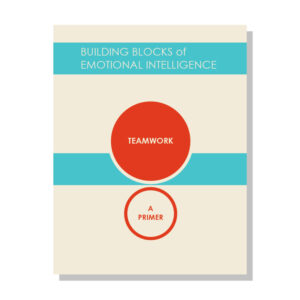

Emotional Intelligence: The Backbone of a Better World
November 12, 2020 Time to read: 2 min.We were four months into the COVID-19 pandemic when Hanuman Goleman called me up and asked me if I wanted to be part of a podcast with Daniel Goleman on Emotional Intelligence. I’m not sure there is a single thing that would have deterred me from saying YES… and so, even with a packed schedule and four kids in the house, I agreed before I knew the details.
I have been working with Daniel Goleman for the past four years. As a certified Emotional Intelligence (EI) Coach, I use a curriculum based on his work to coach clients in developing their EI. An organizational psychology geek, I have also spent quite a bit of time zeroing in on purpose, talking with Dan at length about the role meaning and social good play in transforming our workplaces.
Here’s what I know from my experience as a consultant, coach, and storyteller: Emotional Intelligence is the backbone of a better world.
Elizabeth Solomon
While EI has gained significant traction in the corporate world for the benefits it has on business, it’s implications go far beyond. It’s a roadmap for improving ourselves — a method through which we can change our perspective and our relationships. EI makes people better parents, better partners, and better citizens of the world. In this pandemic, it has proved invaluable.
Over the past seven months, the most salients questions I have been asking myself are: “How did we get here?” And “How do we vision and move towards something different?”
While no one thing is the antidote to our current crisis, saying YES to a podcast on emotional intelligence is one way I seek to be a part of moving us beyond our fears and grief and into a place where we can begin to imagine a more equitable and resilient future.
As a producer, writer and correspondent for First Person Plural, my goal is not only to support the work of Daniel Goleman — whose ideas have changed the way we understand emotional intelligence, focus, and leadership — but to bring you the voices and perspectives of people applying emotional intelligence on the front lines.
If there is one thing I know it’s that the application matters more than the theory.
We can talk all day about things like empathy, bias, self-management, and organizational awareness — but until we understand how these things are being applied from person to person and situation to situation — we really don’t understand the pitfalls and possibilities of the work.
In the fall, our production team interviewed a regenerative farmer and a public school teacher. “How are they leveraging emotional intelligence?” we asked, “How does self and social awareness help them in their mission to give people access to good food and a quality education?”
These are the things First Person Plural is looking at — how emotional intelligence and related concepts play out on the day to day.
These are the conversations we need to be having.
Please support us in having them together. After all, you are a part of us and we are a part of you. We all need to be a part of the conversation.







